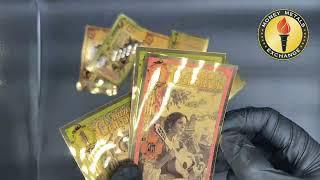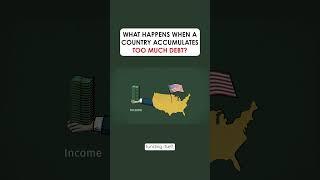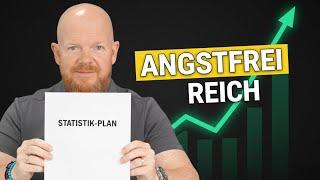| Whilst some parents read their children fairy tales, Varoufakis writes his daughter a story about capitalism and the economy. He provides a fantastic overview which is accessible due to his distilled explanations and creative use of allusions. Varoufakis provides historical contextualisation to explain why geography and climate dictated which countries had stronger economies and how agricultural surplus allowed population growth, the mobilisation of armies into foreign territories and the creation of money and debt. He outlines how the emergence of ship building and the merchant globalised trade resulted in a reimagining of the antiquated feudal system and creation of the labour market. Serfs were either forced to rent land from landowners supported by centralised government, and thus become entrepreneurs with the risk of reneging on their debts if the projected value of their goods (sheep wool) was affected by the market, or become the factory workers of the industrial revolution where they needed to work 14 hour days in squalid conditions; the chains of capitalism were wrought. Varoufakis laments that people became free from working against their will but now had no choice but to work in order to survive. He explains the market economy in terms of goods (experiential value) and commodities (exchange value) and how capitalist ideology leads to the subsequent commodification of goods for their exchange value: as drastic as a woman’s womb can demand a price in the market and this reappropriation can explain how humans became commodities as slaves with an exchange value. Varoufakis discusses profit and debt and how the Protestant challenging of Roman Catholic oppression and want for empowerment led to the introduction of interest, as before this it was ideologically sinful. He also argues that without debt there is no economy, as it allows a borrowing of exchange value from the future to be brought into the present. Varoufakis outlines how debt is sold, by issuing shares and government bonds, what leads to banking crises and how the central bank is instrumental in averting catastrophe. He also suggests that debts need to be written off if a person defaults as otherwise no one would take the risk and this would stagnate the economy. Varoufakis also explains the self-perpetuating nature of the economy and how it is based on people’s optimism as to how well it is doing, as this affects business and personal banking decisions for example low interest rates may aim to encourage borrowing but actually indicates the economy is struggling and there is likely to be more risk which ultimately stagnates the economy. He also argues that the economy needs to be politicised as state-backed insurance and intervention in a crisis, such as quantitative easing, is crucial and this cannot be achieved in apolitical currency like bitcoin. Goodreads 4/5 stars. |
Tags:







































